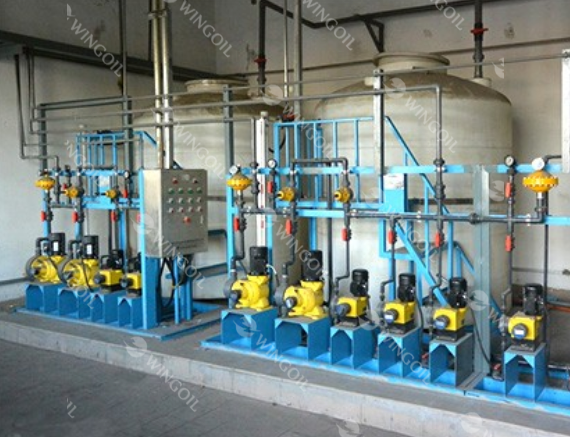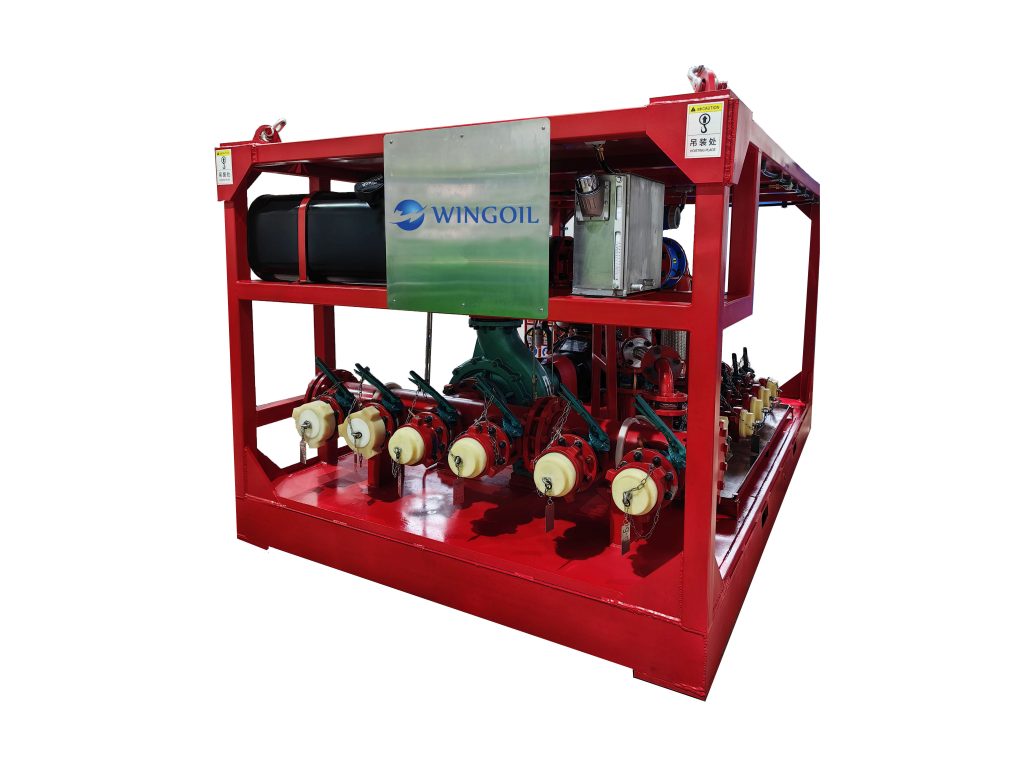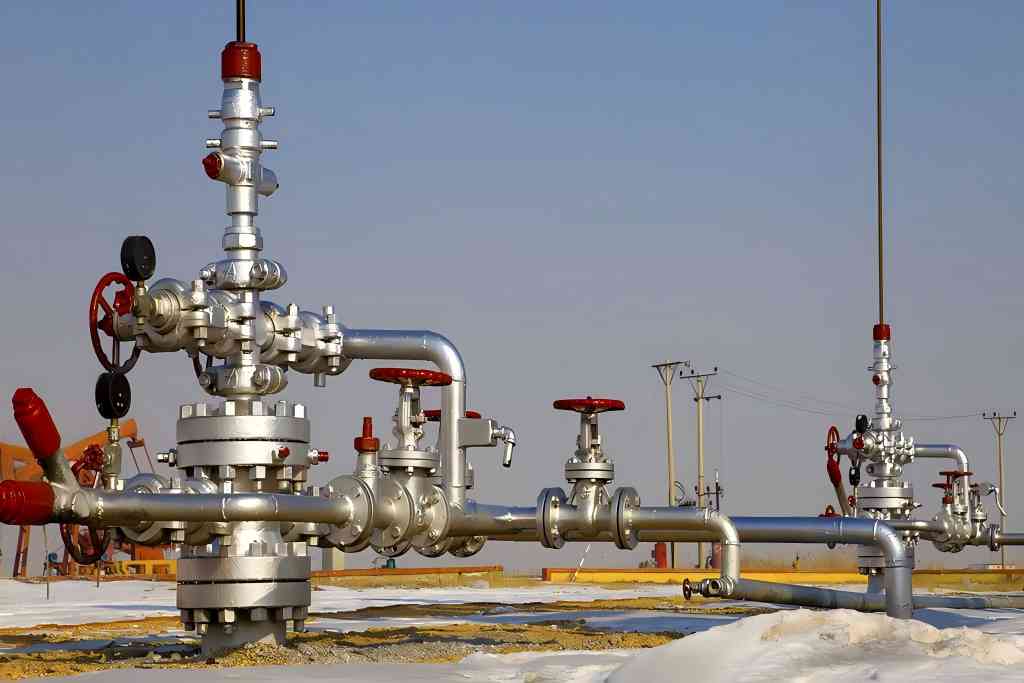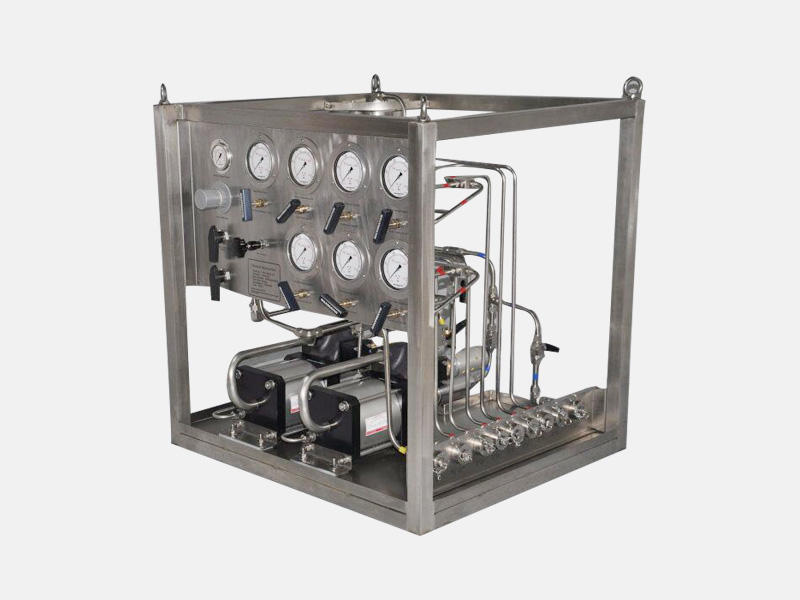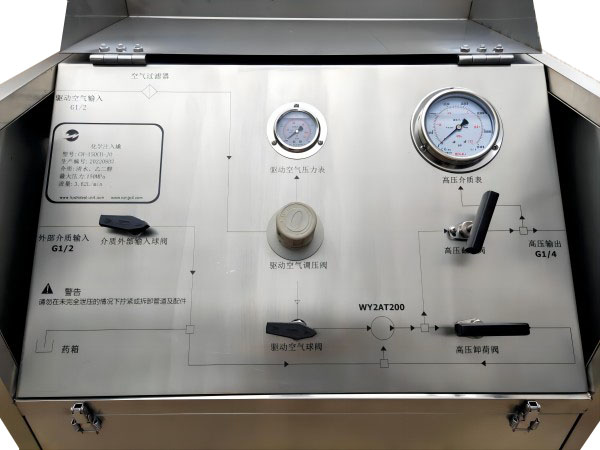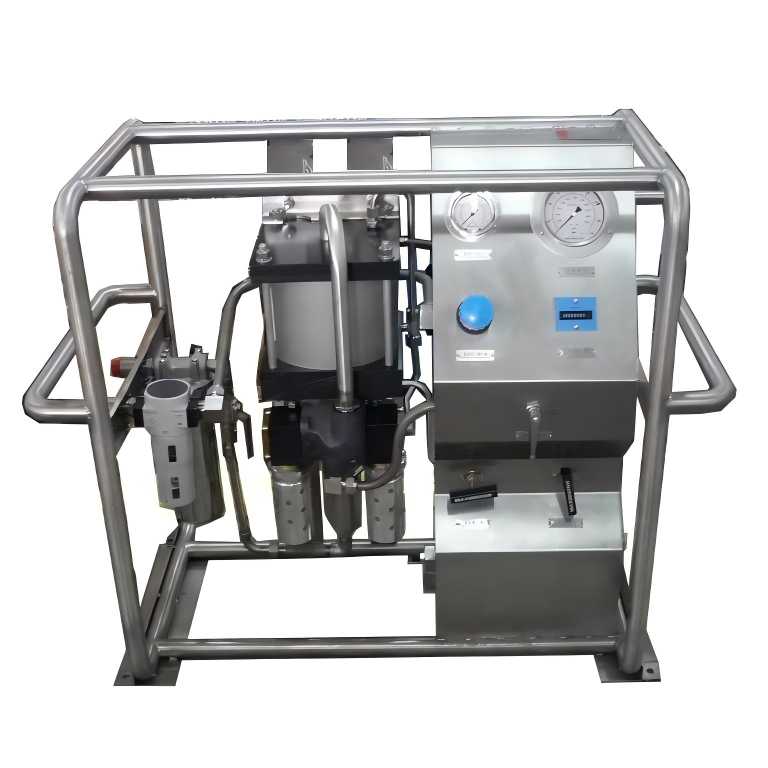Accurate Dosage Calculations in Chemical Injection Systems: Ensuring Efficiency and Precision
Chemical injection systems are used in a wide variety of applications, from water treatment to industrial cleaning. In order for these systems to be effective, it is essential to accurately calculate the dosage of chemicals that are injected.

Importance of Accurate Dosage Calculations
There are a number of reasons why accurate dosage calculations are important in chemical injection systems. First, accurate dosage is essential to ensure that the desired treatment levels are achieved. If the dosage is too low, the desired results may not be achieved. If the dosage is too high, there may be safety or environmental risks.
Second, accurate dosage can help to improve the efficiency of chemical injection systems. When the dosage is correct, the chemicals are used more effectively, which can save money and reduce waste.
Third, accurate dosage can help to protect the safety of personnel and the environment. When the dosage is correct, there is less risk of exposure to harmful chemicals.
Factors Affecting Dosage Calculations
There are a number of factors that can affect the dosage calculations for chemical injection systems. These include:
- Flow rate: The flow rate is the amount of fluid that is flowing through the system per unit of time. The flow rate can be measured in various units, such as gallons per minute (gpm) or liters per second (L/s).
- Desired treatment levels: The desired treatment levels refer to the concentration or dosage of the chemical that is required to achieve the desired results. For example, in water treatment, the desired treatment level might be a specific pH or a certain level of disinfection.
- Chemical concentration: The chemical concentration is the amount of chemical that is dissolved in a unit volume of fluid. The chemical concentration can be expressed in a variety of units, such as milligrams per liter (mg/L) or parts per million (ppm).
- Chemical properties: The properties of the chemical, such as its solubility and reactivity, can also affect the dosage calculations.
- System design: The design of the chemical injection system can also affect the dosage calculations. For example, the type of pump that is used can affect the accuracy of the dosage.
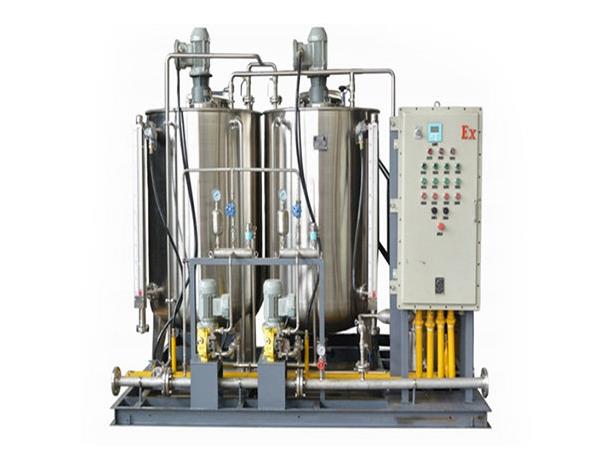
Dosage Calculation Methods
There are a number of methods that can be used to calculate the dosage of chemicals in chemical injection systems. The most common methods are:
- Injection ratio method: The injection ratio method is a simple method that can be used to calculate the dosage of a chemical when the flow rate and desired treatment levels are known. The injection ratio is the ratio of the amount of chemical that is injected to the amount of fluid that is flowing through the system.
- Weight-based method: The weight-based method is a more accurate method that can be used to calculate the dosage of a chemical when the flow rate, desired treatment levels, and chemical concentration are known. The weight-based method uses chemical concentration to convert the dosage from units of volume to units of weight.
- Volume-based method: The volume-based method is another accurate method that can be used to calculate the dosage of a chemical when the flow rate, desired treatment levels, and chemical concentration are known. The volume-based method uses chemical concentration to convert the dosage from units of weight to units of volume.
Other Considerations for Accurate Dosage
In addition to the dosage calculation methods, there are a number of other considerations that need to be taken into account to ensure accurate dosage in chemical injection systems. These include:
- Equipment calibration and maintenance: The accuracy of the dosage calculations depends on the accuracy of the measurement devices that are used to measure the flow rate and chemical concentration. It is important to calibrate these devices regularly and to perform preventive maintenance to ensure that they are in good working order.
- Monitoring and controlling flow rates: The flow rate can fluctuate over time, so it is important to monitor the flow rate and make adjustments as needed to maintain consistent dosage.
- Verification and adjustment procedures: It is important to periodically verify the accuracy of the dosage calculations and to make adjustments as needed. This can be done by collecting samples of the treated fluid and analyzing them for chemical concentration.
- Compliance with safety and regulatory standards: It is important to comply with all applicable safety and regulatory standards when calculating and injecting chemicals. This includes using the correct personal protective equipment (PPE) and following all safety procedures.
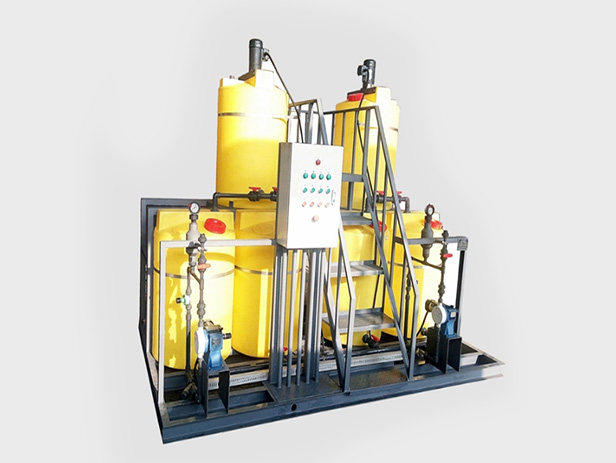
Conclusion
By following these guidelines, you can ensure that accurate dosage calculations are performed in chemical injection systems. This will help to ensure the efficiency and precision of the systems, and it will help to protect the safety of personnel and the environment. If you are looking for the right chemical injection systems or chemical injection pumps, contact us, and you’ll find the right product.

